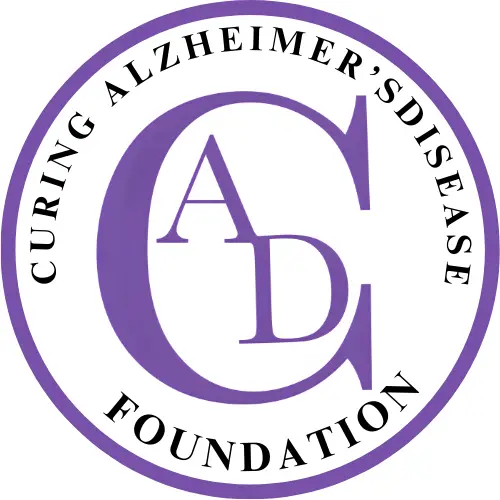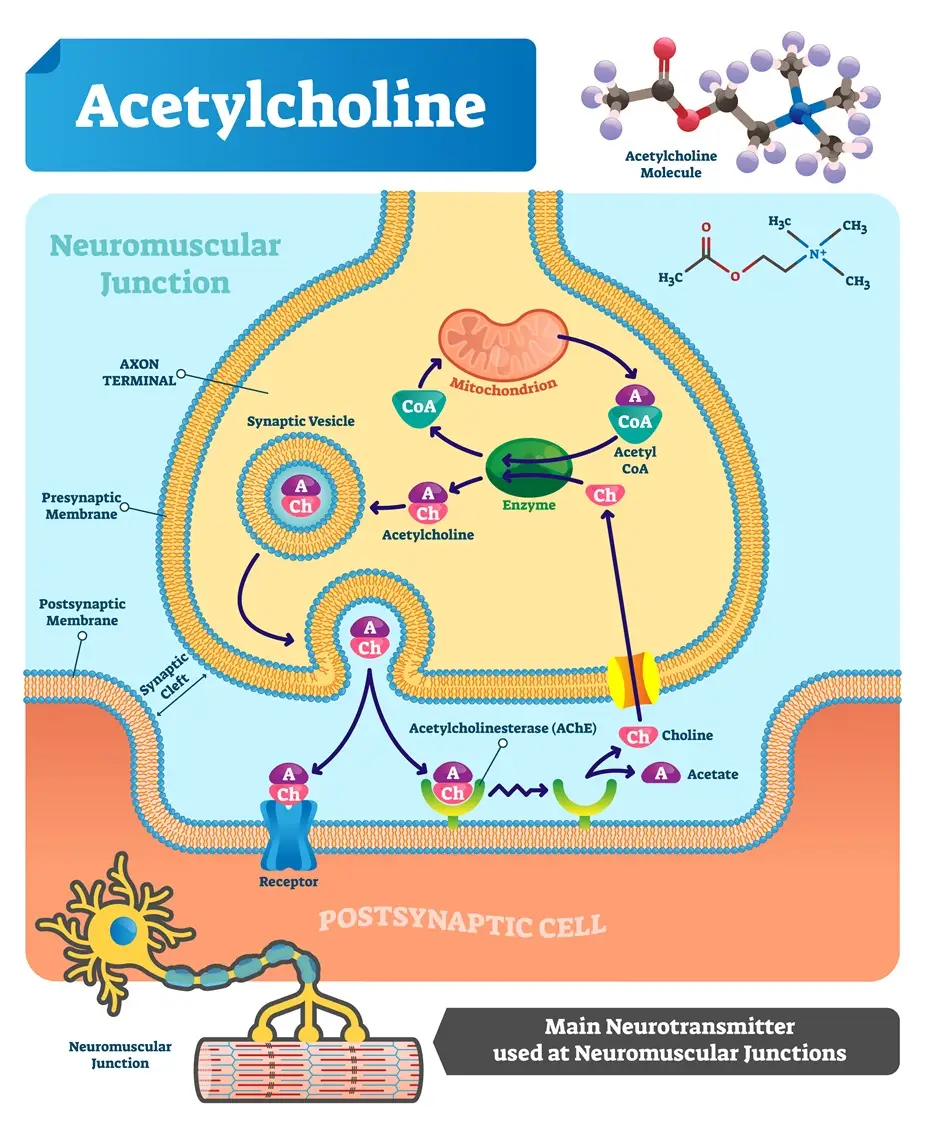Donepezil doesn’t treat Alzheimer’s, it helps reduce the inflammation associated with Alzheimer’s
Donepezil is one of the most widely prescribed drugs for the treatment of Alzheimer’s. Its basis in medicine started back in 1976 when two researchers discovered a marked reduction in the activity of enzymes involved in the metabolism of the neurotransmitter Acetylcholine in brains of deceased patients with Alzheimer’s Disease (AD). This finding led to the hypothesis that AD was caused by a “cholinergic system failure.” At the time, the best educated guess to remedy this theorized failure was to synthesize a new class of reversable Acetylcholinesterase inhibitors – one of which was Donepezil – that were trialed and eventually approved for widespread use for the treatment of AD. What we found a bit unnerving (no pun intended) is that nerve gas is also considered an Acetylcholine inhibitor. As are most insecticides. The main difference between acetylcholine inhibiting drugs like Donepezil and insecticides like “Raid” is whether the drug is “reversible” or “irreversible” – a condition that boils down to the chemical structure of the acetylcholine inhibitor. Here’s a table that says it all. Our point in bringing this up is to clarify that Donepezil IS NOT NERVE GAS but that it is not a benign drug. It is affecting the single most prevalent neurotransmitters in our body controlling muscle movement. Unfortunately, years after the 1976 discovery, Acetylcholine inhibitors like Donepezil ended up not being the home run researchers expected. In fact, from the literature, it appears these drugs are barely a base hit. Studies (and there have been lots of them) show that Donepezil provides nominal improvements to cognition and with lots of potentially troublesome side-effects in the Short Term. More importantly, there are warnings after warnings indicating that this type of drug should not be used Long Term. Which raises the question of: were the scientists back in 1976 wrong? What if the reduction in enzyme activity is not due to a lack of cholinergic cells? What if it’s due to something else – like the blocking of signals by a self-preservation process within the brain? The real fact is: we still don’t know what is causing the synaptic loss in Alzheimer’s brains. What we do know is that cholinesterase inhibitors are proving to not be the utopic solution we initially thought they were. Still, Donepezil has been proven to provide a very slight cognitive improvement at the start of treatment. Which begs the question of “why”? So back to the literature we went and were not surprised to find that this class of drugs has recently been found to exhibit anti-inflammatory properties! This completely supports our hypothesis and further supports my dad’s very compelling story And this makes sense as scientists have now come to the realization that AD is a disease of inflammation – so of course a drug that reduces inflammation – even just a little – will have a positive impact on the patient. Here are just a few places where we are seeing references to the anti-inflammatory properties of Donepezil: Study 1: “Our data suggested that the anti-inflammatory effects of donepezil may be a novel mechanism on treating EAE and provided further insights to understand the donepezil’s neuroprotective activities in MS.” Study 2: “suggesting that DZ [Donepezil] directly prevents systemic inflammation.” Study 3: “Recently, anti-inflammatory and neuroprotective effects of the drug have been reported. “Cholinergic anti-inflammation pathway” has major implications in these effects.” We have firsthand experience with Donepezil. My dad – Dr. Crandall – took it for quite a while, and saw no cognitive improvement at the initial 5 mg dose and just a little at the 10mg. When he finally stopped taking it, we did see a little cognitive drop, which was quickly remedied by a 5 mg increase to his prednisone. But what was most interesting is that when dad stopped the Donepezil, we saw an improvement to his gate. This made us stop and think: is it possible the Donepezil had caused his jerky gate? How about other tell-tale signs of dementia that care-givers keep looking for: motion disturbances, balance issues/frequent falls, incontinence, tiredness/fatigue? From what we are learning, all of these could be explained by changes to the parasympathetic system. And Doneprezil is altering a crucial neurotransmitter of the parasympathetic system. And since no one has conducted a study on how this drug affects people after long term use – how do we really know if these physiologic changes are really the disease’s progression or actually the drug designed to slow the progression of the disease? Another thought we had, which will never be answered is: what would have happened if dad hadn’t been on steroids when he started Donepezil? Would he have experienced a bigger “bump” in cognition like others have reported when initially starting this drug? ARICEPT®(donepezil hydrochloride) Tablets, for Oral Administration DESCRIPTION ARICEPT (donepezil hydrochloride) is a reversible inhibitor of the enzyme acetylcholinesterase, known chemically as (±)-2, 3-dihydro-5, 6-dimethoxy-2-[[1-(phenylmethyl)-4-piperidinyl]methyl]-1H-inden-1-one hydrochloride. Donepezil hydrochloride is commonly referred to in the pharmacological literature as E2020. It has an empirical formula of C24H29NO3HCl and a molecular weight of 415.96. Donepezil hydrochloride is a white crystalline powder and is freely soluble in chloroform, soluble in water and in glacial acetic acid, slightly soluble in ethanol and in acetonitrile, and practically insoluble in ethyl acetate and in n-hexane. Notice the molecular weight (416 g/mol). From our experience, it’s a bit big for all of the drug to bust through the BBB – see our earlier post on antibiotics and molecular weight to see why we even mention this… Which means this common Alzheimer’s medication, or most of it, may not be getting into the brain and instead is relegated to run freely in the patient’s body. And since it’s method of action works on neurotransmitters critical to our parasympathetic system, while we are using the drug to (hopefully) improve brain function, we will also be inadvertently affecting bodily functions of heart rate, digestion, sweating, tearing, breathing, and muscle movement. Wow. When dad didn’t respond much to the drug, his prescribing doc told us that sometimes it takes a while for


